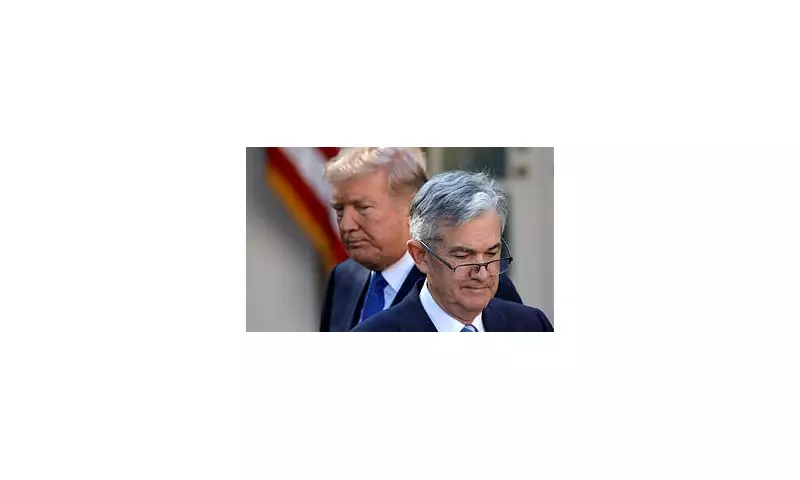
In a dramatic escalation of his long-running feud with the Federal Reserve, former President Donald Trump has suggested he might remove Chair Jerome Powell if he wins the November election. The bombshell revelation comes amid growing tensions over interest rate policy and its impact on the US economy.
The Powder Keg of Monetary Policy
Trump's latest comments, made during a private meeting with wealthy donors, highlight his enduring frustration with Powell's stewardship of America's central bank. "I gave him the job, and he disappointed me," Trump reportedly said, referencing his 2017 appointment of Powell.
Why This Matters for Markets
The potential for political interference in Federal Reserve operations has sent shockwaves through financial circles:
- The Fed's independence is considered sacrosanct in economic policymaking
- Markets react violently to uncertainty about interest rate trajectories
- Investors fear politicization could destabilize long-term economic planning
A History of Public Spats
This isn't the first time Trump has clashed with Powell. During his presidency, Trump repeatedly criticized the Fed chair's decisions on Twitter, breaking with decades of presidential precedent of respecting the central bank's independence.
"He's like a golfer who can't putt," Trump famously quipped in 2019, as Powell gradually raised interest rates to combat inflation.
Legal Hurdles to Removal
While Trump's threats make headlines, legal experts note significant obstacles:
- Federal Reserve chairs can only be removed "for cause" under existing law
- Policy disagreements don't constitute legal grounds for dismissal
- Any attempt would likely trigger immediate court challenges
The Stakes for 2024
With inflation remaining stubbornly high and the economy a central campaign issue, the Fed's decisions could significantly impact the election's outcome. Powell's term as chair runs until 2026, setting up a potential constitutional showdown should Trump return to the White House.
Financial analysts warn that even the suggestion of political interference could rattle markets already nervous about election uncertainty and global economic headwinds.





